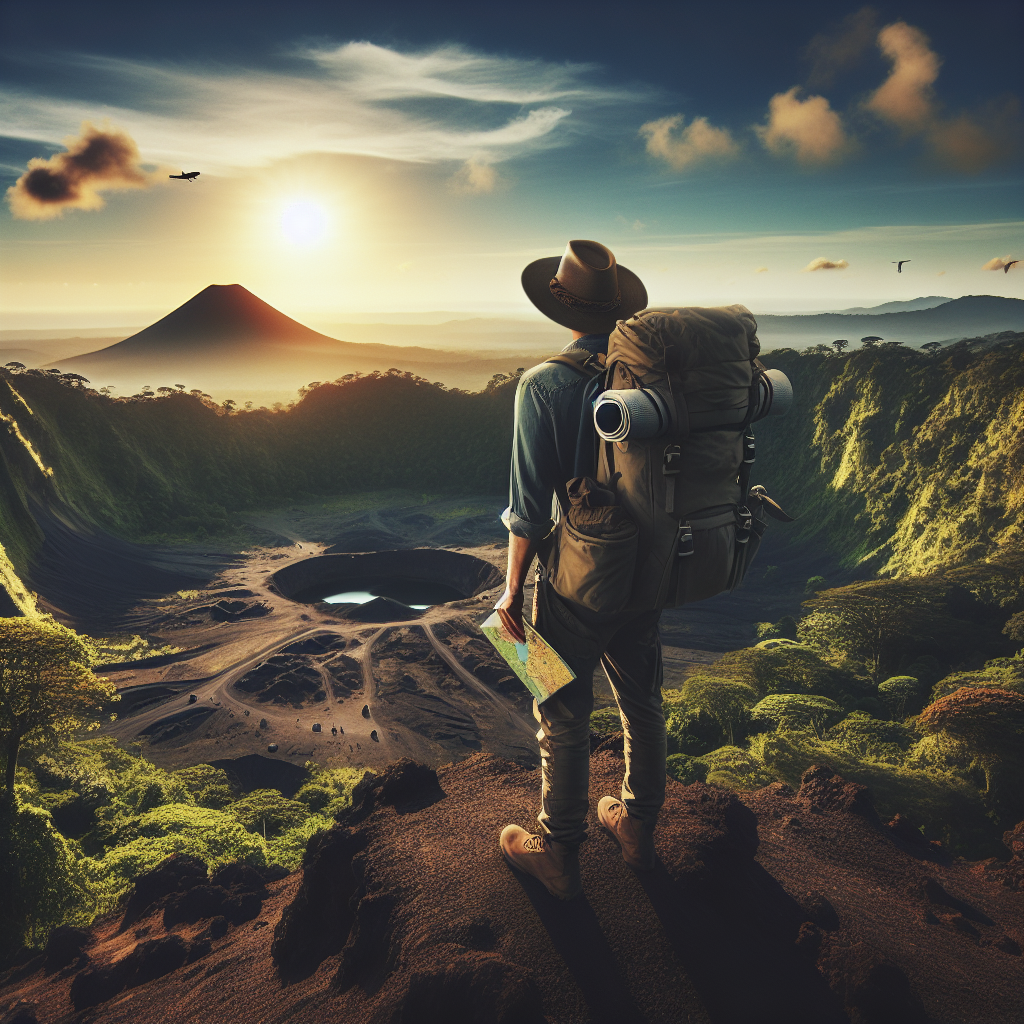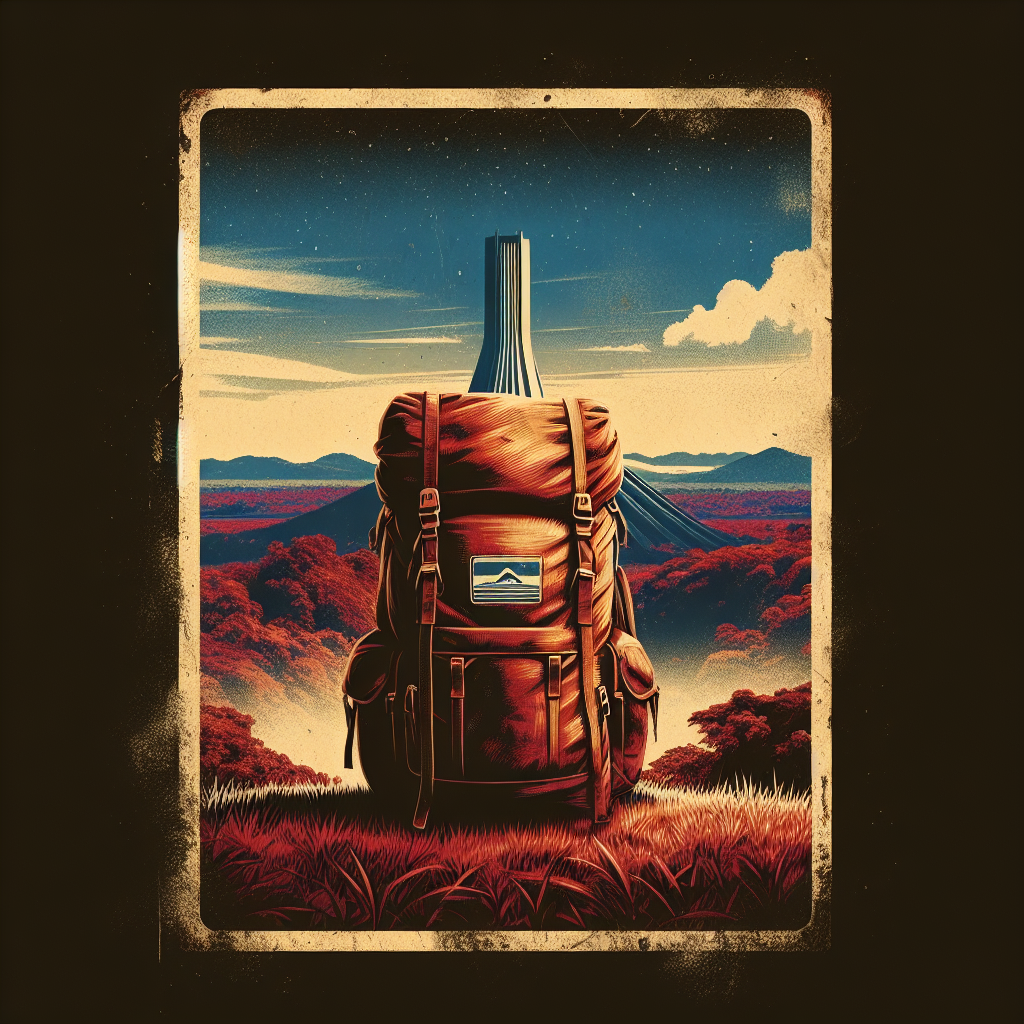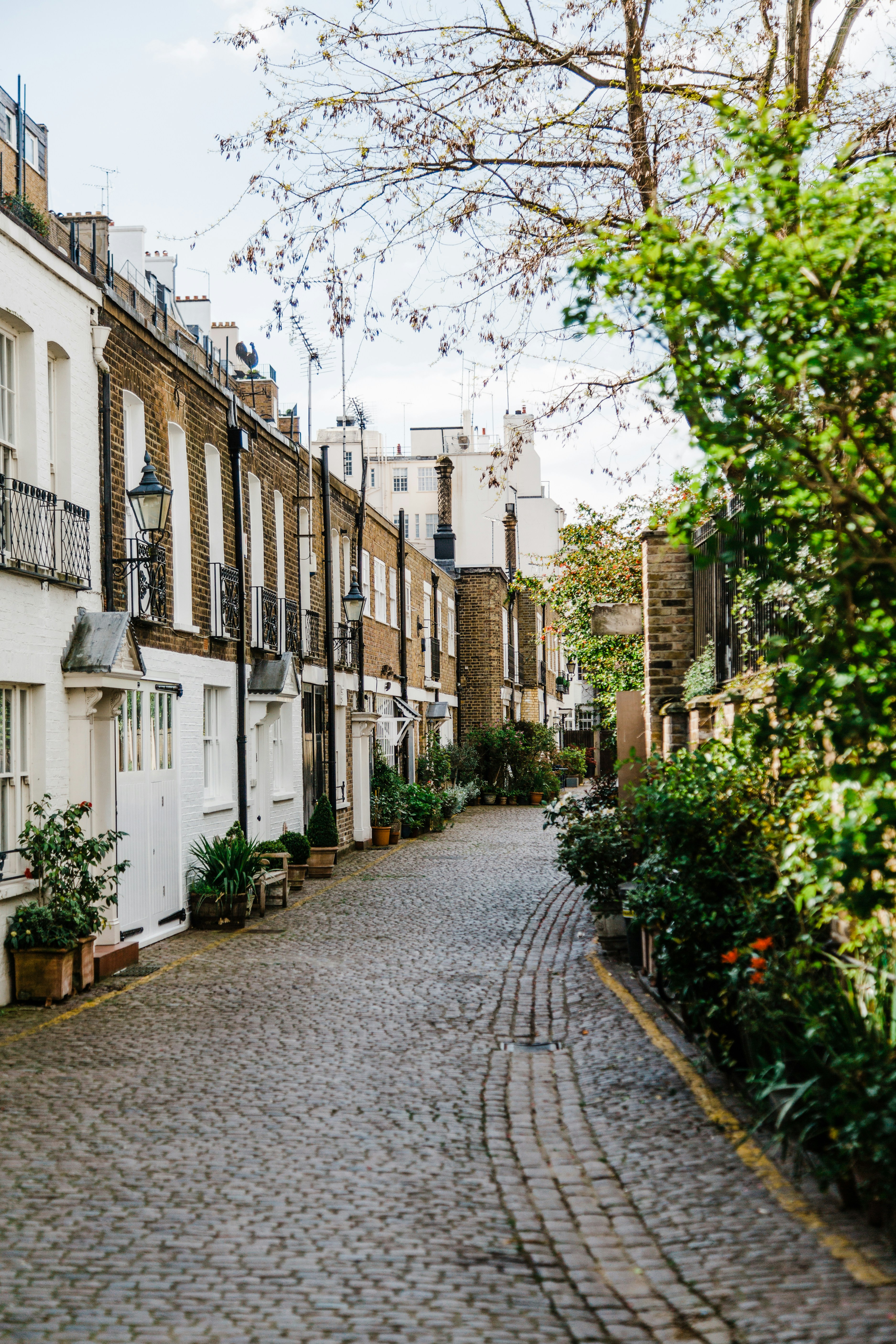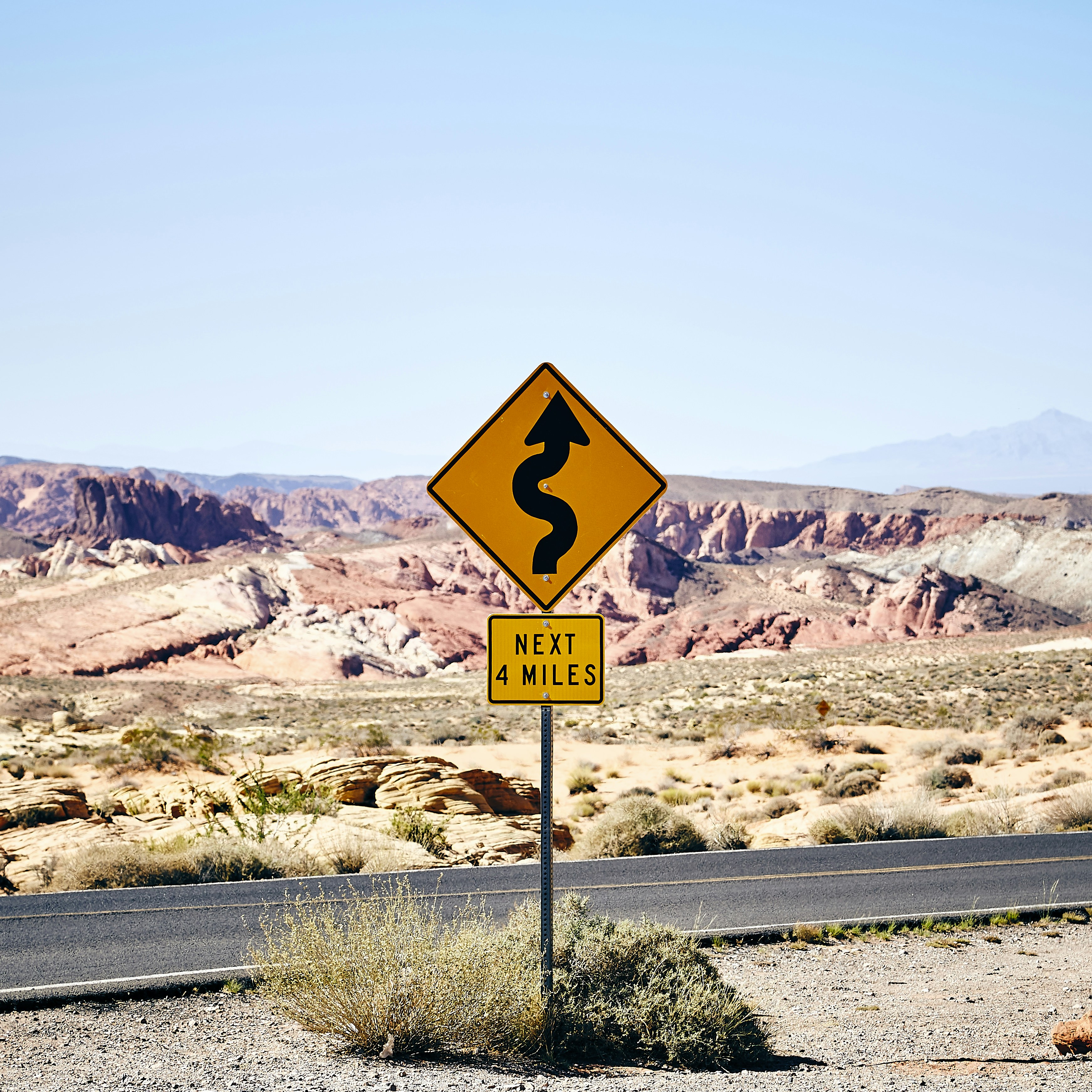If you’re planning a solo trip to Nicaragua, it’s only natural to have some concerns about your safety. While exploring a new country on your own can be an exhilarating experience, it’s important to take precautions to ensure your well-being. In this article, we’ll provide you with valuable safety tips that will help you navigate Nicaragua with confidence, from avoiding isolated areas at night to staying alert in crowded tourist spots. So, get ready to embark on a memorable adventure while staying safe every step of the way!
Research and planning
Before embarking on your solo trip to Nicaragua, it is essential to conduct thorough research and plan your journey appropriately. Here are some steps to ensure a safe and enjoyable experience:
Research the destination
Take the time to research Nicaragua as a travel destination. Familiarize yourself with its culture, customs, and attractions. Look for reliable sources of information such as travel guidebooks, official tourism websites, and online forums. Understanding the country’s history and geography will enable you to make informed decisions during your trip.
Check travel advisories and warnings
Stay updated with the latest travel advisories and warnings issued by your government or reputable organizations. These advisories provide important safety information, including potential security risks and political instability. By staying informed, you can adjust your itinerary and take necessary precautions to ensure your well-being while in Nicaragua.
Get travel insurance
Obtaining travel insurance is crucial, especially for solo travelers. Make sure your insurance policy covers medical emergencies, trip cancellations, and lost or stolen belongings. Additionally, check if it includes coverage for activities that you plan to participate in during your trip, such as adventure sports or hiking in remote areas. Travel insurance provides peace of mind and financial protection in case of unforeseen circumstances.
Create an itinerary
Having a planned itinerary enhances your safety during solo travel. Research and determine the highlights you wish to visit, but leave room for spontaneity as well. Remember to consider factors like transportation options, accommodation availability, and travel times between destinations. By creating an itinerary, you can avoid unnecessary risks, manage your time effectively, and make the most of your trip to Nicaragua.
Health and safety precautions
Taking care of your health and safety should be a top priority while traveling solo in Nicaragua. Follow these precautions to ensure a healthy and secure journey:
Take necessary vaccinations
Before traveling to Nicaragua, consult a healthcare professional or a travel clinic to check if you need any specific vaccinations or preventive medications. Common vaccines recommended for Nicaragua include hepatitis A and B, typhoid, and tetanus. Taking these precautions fortifies your immune system and minimizes the risk of common travel-related illnesses.
Practice good hygiene
Maintaining good hygiene habits is advantageous to your health, regardless of where you travel. Wash your hands frequently with soap and clean water, or use hand sanitizer if those are not available. Carry tissues or handkerchiefs to cover your mouth and nose when coughing or sneezing. By practicing good hygiene, you reduce the likelihood of contracting diseases and protect yourself from pathogens.
Avoid tap water
To prevent waterborne illnesses, it is advisable to avoid drinking tap water in Nicaragua. Stick to bottled water or use water purification methods such as boiling or using water purifier tablets. Remember that ice cubes in drinks may also be made from tap water, so be cautious when consuming them. Staying hydrated is crucial, so ensure you have access to safe drinking water throughout your trip.
Be cautious with street food
Exploring local cuisine is an exciting part of any journey, but it is essential to exercise caution when trying street food in Nicaragua. Look for busy food stalls or vendors with high turnover to ensure freshness and minimize the risk of foodborne illnesses. Opt for cooked foods that are served hot, as they are less likely to harbor harmful bacteria. It is also wise to avoid raw or undercooked seafood to reduce the chance of food poisoning.
Carry a first aid kit
Having a well-stocked first aid kit is crucial for any traveler. Pack essential items such as bandages, antiseptic wipes or ointments, pain relievers, and any necessary prescription medication. Consider including items specific to your trip, such as insect repellent, sunscreen, and rehydration salts. A first aid kit will prove invaluable should you encounter any minor injuries or illnesses during your solo adventure.
Personal security measures
Protecting your personal safety is paramount, especially when traveling alone. Here are some personal security measures to consider while in Nicaragua:
Blend in with the locals
To avoid standing out as a tourist, try to dress and behave like the locals. Observe their manner of dress and adapt accordingly, avoiding flashy jewelry or expensive accessories. This helps to minimize the risk of attracting unwanted attention and potential theft. By blending in, you are more likely to navigate the country safely and enjoy an authentic travel experience.
Avoid displaying wealth
Displaying wealth may make you a target for theft or scams. Keep your valuable belongings, such as passports, cash, and electronic devices, secure and out of sight. Consider using a money belt or a concealed pouch to store your passport, spare cash, and credit cards securely. It is also wise to leave expensive jewelry and items of sentimental value at home.
Keep important documents safe
Photocopy or scan important documents, such as your passport, travel insurance, and tickets, before your trip. Keep copies both printed and digitally, stored securely online or in a cloud storage service. Additionally, carry your passport and other essential documents in a secure and discreet location, such as a money belt or a hidden compartment in your bag. Losing your documents can create significant challenges, so taking these precautions ensures you have backups and minimizes the impact of any loss or theft.
Use ATMs and credit cards wisely
When withdrawing cash from ATMs or using credit cards, be cautious of your surroundings. Use ATMs located in well-lit and busy areas, preferably those within banks or reputable establishments. Cover the keypad when entering your PIN and securely store your cash or cards immediately after the transaction. Consider notifying your bank about your travel plans to avoid any issues with accessing your funds. By being vigilant, you can protect your financial security while in Nicaragua.
Stay alert in crowded areas
In crowded places, such as markets or public transportation terminals, it is crucial to remain alert and mindful of your surroundings. Pickpocketing and theft can occur in such environments, so keep your belongings close to you and maintain a firm grip on bags or backpacks. Be cautious of anyone approaching you with distraction techniques, as these are often employed by thieves. By staying alert, you can minimize the risk of becoming a victim of petty crime.
Transportation safety
When traveling in Nicaragua, it is important to prioritize your safety while using various modes of transportation. Follow these guidelines to ensure a secure journey:
Choose reputable transportation options
Opt for reputable transportation providers when moving between destinations in Nicaragua. Research and select well-established bus companies, taxi services, or tour operators known for their commitment to safety. Avoid using unlicensed or unauthorized transportation services, as they may not adhere to proper maintenance standards or risk management protocols.
Be cautious on public transportation
When using public transportation, such as buses or trains, exercise caution to enhance your personal security. Keep your belongings close to you and avoid placing them on overhead bins or storage areas out of your line of sight. As a solo traveler, consider sitting near the driver or in well-lit areas, particularly at night. Trust your instincts and disembark if you feel uncomfortable or sense any potential danger.
Avoid hitchhiking
While hitchhiking may seem adventurous, it can pose significant safety risks, especially for solo travelers. Hitchhikers have little control over the individuals who offer them rides and can be vulnerable to theft, scams, or even more severe crimes. Instead, opt for pre-arranged transportation options or use official taxi services to ensure your safety during your travels.
Beware of scams and overcharging
Unfortunately, scams and overcharging can occur in any destination, including Nicaragua. Be aware of common scams targeting tourists, such as taxi drivers demanding excessively high fares or individuals offering unsolicited assistance to obtain money from you. Research and familiarize yourself with the average prices for goods and services to avoid falling victim to overcharging. By staying vigilant and knowledgeable, you can protect yourself from potential scams and financial exploitation.

Accommodation safety
Selecting safe and reputable accommodations is essential to ensuring your personal security during your solo trip to Nicaragua. Consider the following precautions:
Choose safe and reputable accommodations
Prioritize accommodations with positive reviews and trustworthy reputations. Look for reputable hotels, hostels, or guest houses that prioritize guest safety and provide necessary security measures. Research online platforms, such as travel websites or forums, to read reviews from previous guests and gain insight into the property’s security standards.
Check the security measures of the hotel/hostel
Before booking an accommodation, inquire about the available security measures. Check if the property has secure entrances, functioning locks on doors and windows, and adequate lighting in common areas. Additionally, ask if they have security personnel or surveillance cameras on-site. Taking these precautions provides added peace of mind during your stay in Nicaragua.
Use caution when sharing accommodations
If opting for shared accommodations, such as dormitory-style hostels, take measures to protect your belongings and privacy. Use lockable luggage storage or personal lockers to secure your valuables when you’re not present. Consider carrying a portable door lock or wedge doorstop to enhance security in shared spaces. It is also essential to be mindful of your roommates and practice respectful behavior to create a harmonious and safe environment for everyone.
Communication and connectivity
Maintaining open lines of communication and connectivity is crucial for your safety as a solo traveler. Here are some measures you can take:
Have a reliable form of communication
Ensure you have a reliable form of communication throughout your trip to Nicaragua. Depending on your preference and budget, consider options such as local SIM cards with data plans, portable Wi-Fi devices, or international roaming on your existing phone plan. These means of communication allow you to stay connected with loved ones, access maps and travel apps, and seek assistance if needed.
Share your itinerary with someone
Share your travel itinerary, including your accommodation details and planned activities, with a trusted friend or family member. This ensures someone knows your whereabouts and can raise an alarm if they don’t hear from you within a reasonable time frame. Regularly update them on any changes to your plans, so they stay informed and can provide support when necessary.
Stay connected with other travelers or locals
Engaging with other travelers or locals can enhance your safety and enrich your travel experience. Communicate with fellow travelers through online travel communities or social media platforms to exchange information, advice, and potentially join forces for shared activities. Interacting with locals allows you to learn from their firsthand knowledge and gain valuable insights into the safety and security of specific areas.

Cultural sensitivity
Respecting local customs, traditions, and cultural norms is essential when traveling solo in Nicaragua. Here are some tips to promote cultural sensitivity:
Respect local customs and traditions
Familiarize yourself with the customs and traditions of the communities you’ll be visiting in Nicaragua. Show respect for their beliefs and practices by adhering to dress codes, avoiding offensive gestures or language, and seeking permission before taking photographs, especially in sacred or private spaces. Engage in meaningful cultural exchanges while avoiding behaviors that could be perceived as disrespectful or insensitive.
Dress appropriately
Dressing appropriately according to local customs demonstrates cultural respect and avoids unwanted attention. Research the dress code for various settings and occasions in Nicaragua, such as religious sites, markets, or rural communities. When visiting conservative areas, consider wearing conservative clothing that covers your shoulders, knees, and décolletage. By dressing modestly, you show respect for local customs and blend in with the local population.
Learn basic Spanish phrases
Learning basic Spanish phrases can go a long way in facilitating communication and building rapport with locals. Even knowing a few greetings, thank-yous, and common phrases can demonstrate your interest in the culture and improve your interactions. Locals often appreciate the effort of travelers to speak their language and may be more receptive to providing assistance or engaging in conversation.
Emergency preparedness
While no one wants to encounter emergencies during their trip, being prepared is crucial for personal safety. Take the following steps to ensure you are ready for any unexpected situations:
Know emergency numbers
Make a note of emergency numbers specific to Nicaragua, including the police, ambulance services, and the nearest embassy or consulate of your home country. Familiarize yourself with their operating hours and procedures so that you can quickly access help in case of emergencies. Keep this information readily available, both in your phone and in printed form.
Identify safe havens
When exploring unfamiliar neighborhoods or cities, identify safe havens or designated meeting points where you can seek refuge or assistance if required. These can include police stations, government buildings, or well-known establishments with reliable security measures. Being aware of your surroundings and knowing where to find safe havens can help alleviate anxiety and provide assurance in troubling situations.
Carry emergency supplies
Carrying a small emergency kit can prove invaluable in times of need. Include items such as a flashlight with spare batteries, a whistle for attracting attention, a basic first aid kit, a portable phone charger, and a photocopy of your important documents. These supplies can assist you in various emergency scenarios, from power outages to minor injuries or unexpected delays.
Environmental considerations
Being aware of environmental factors and their potential impact on your safety is crucial. Consider the following guidelines:
Be aware of natural hazards
Nicaragua is prone to natural hazards such as earthquakes, volcanic activity, hurricanes, and heavy rains. Stay informed about potential risks and the latest weather forecasts before embarking on outdoor activities or visiting regions susceptible to these hazards. Familiarize yourself with evacuation routes and emergency protocols in case of natural disasters to ensure your safety.
Respect the environment
Promote responsible and sustainable travel practices by respecting the environment during your time in Nicaragua. Follow local guidelines for waste disposal, avoid littering, and choose eco-friendly alternatives whenever possible. Be mindful of fragile ecosystems, such as coral reefs or protected areas, and maintain a respectful distance from wildlife. By being an environmentally conscious traveler, you contribute to the long-term preservation of Nicaragua’s natural beauty.
Stay informed about weather conditions
Weather conditions can impact travel plans and pose safety risks. Stay informed about current and forecasted weather conditions, especially if engaging in outdoor activities or exploring remote areas. Monsoon seasons, heavy rainfalls, or extreme temperature fluctuations can affect transportation schedules, road conditions, and increase the risk of accidents. Stay flexible, have contingency plans, and consider local advice to ensure your safety throughout your journey.
Trust your instincts
Lastly, trust your instincts and listen to your gut feelings as you navigate Nicaragua as a solo traveler. Your intuition can be a powerful tool in assessing potential risks and avoiding dangerous situations. Here are some suggestions:
Listen to your gut feelings
If something doesn’t feel right or you sense potential danger, trust your instincts. Your intuition is often unconsciously processing subtle cues and can alert you to potentially risky situations. Whether it’s a person or a particular location that raises concerns, listen to your gut feelings and take appropriate action to ensure your safety.
Avoid risky situations
Taking unnecessary risks can jeopardize your safety as a solo traveler. Be mindful of your limitations and skill level when participating in adventure activities or engaging in unfamiliar experiences. Assess the safety measures provided by tour operators or activity providers, and don’t hesitate to ask questions or seek clarification if something seems unsafe. Prioritize your well-being and opt-out of any activities that make you uncomfortable or appear risky.
Seek help or advice when needed
Don’t hesitate to seek help or advice when needed. Nicaragua is known for its warm and welcoming people, and locals are often willing to assist travelers. If you find yourself lost, in need of directions, or unsure about a particular situation, approach individuals in public spaces, businesses, or authorities for guidance. By reaching out for assistance, you can navigate challenges more effectively and reduce potential risks.
In conclusion, as a solo traveler in Nicaragua, prioritizing your safety through research, planning, and adopting various precautions is necessary. By following the tips outlined in this comprehensive article, you can explore the beauty and treasures of Nicaragua while minimizing potential risks. Remember to stay alert, be culturally sensitive, and trust your instincts. With proper preparation and a respectful approach, your solo journey through Nicaragua can be a rewarding and safe adventure.


